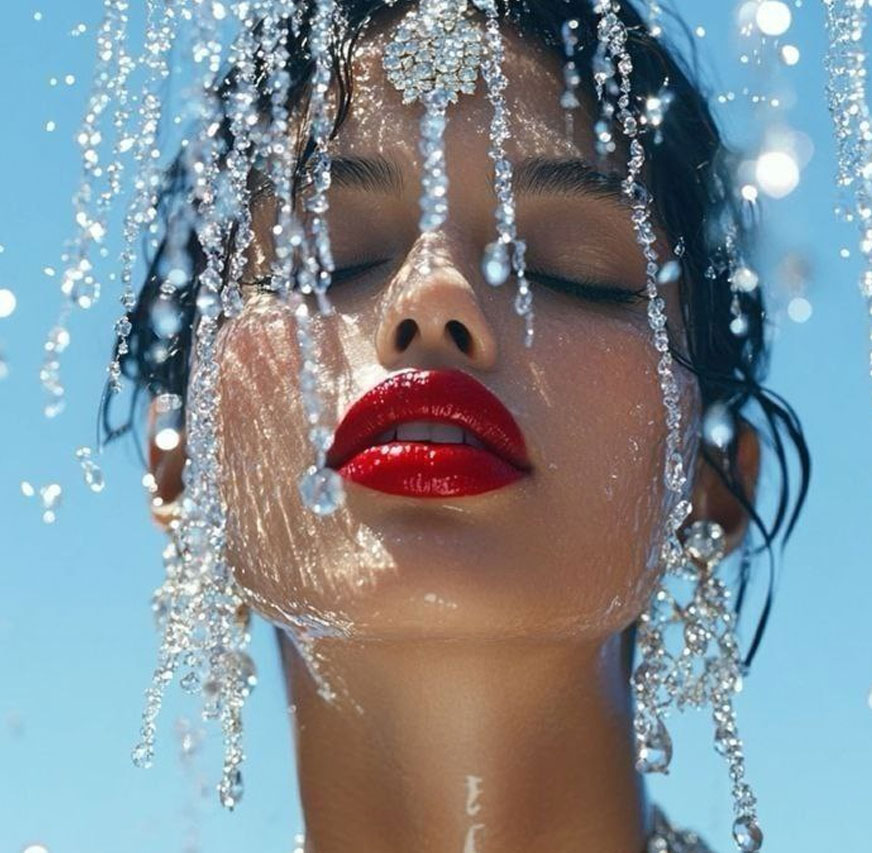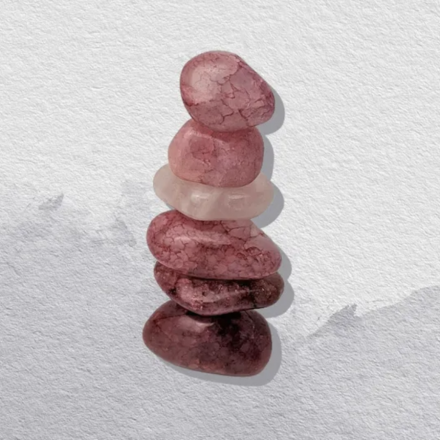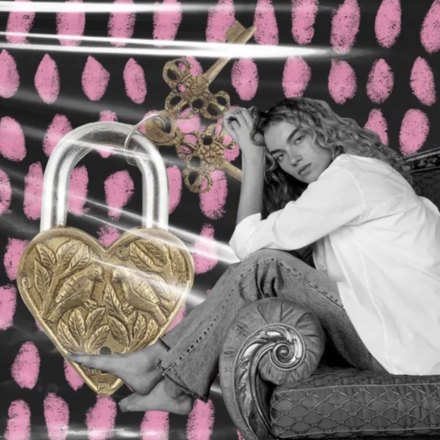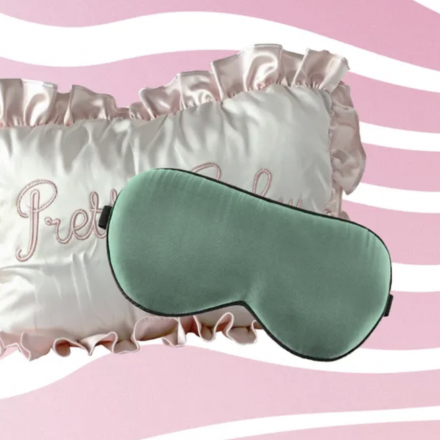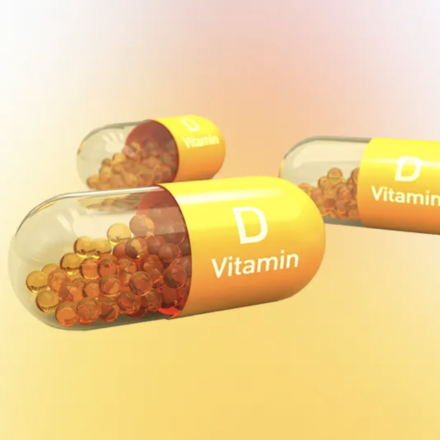7 Signs of Dehydration in the Body: How to Recognize Water Deficiency and What to Do About It
Water is the foundation of our existence. Our body is composed of 70% water, and every day we lose between 2 and 2.5 liters of fluid through urination, sweating, and even breathing.
Water is the foundation of our existence. Our body is composed of 70% water, and every day we lose between 2 and 2.5 liters of fluid through urination, sweating, and even breathing. However, we often don’t notice how quickly moisture is lost until alarming symptoms appear. To avoid the consequences of dehydration, it’s essential to pay attention to the signals your body sends. Let’s take a closer look at the signs that indicate whether your body is getting enough water.
Dry Mouth: More Than Just Discomfort, It’s a Warning
One of the first signs of dehydration that often bothers us is a dry mouth. It’s not just an unpleasant feeling but also a signal that the mucous membranes in your mouth are losing their protective function. A dry mouth can increase the risk of infections, so it’s crucial not only to drink more water but also to at least rinse your mouth if you can’t drink immediately.
Dark Urine: A Simple Test to Assess Hydration
The color of your urine is a simple and effective indicator of how much water your body has. If your urine becomes darker, it means that your body lacks water, leading to a higher concentration of toxins. Normally, healthy urine should be light yellow. If you notice that your urine has turned darker, it’s a clear sign to increase your water intake.
Headaches and Dizziness: How Dehydration Affects Your Brain
Dehydration can reduce blood volume, which in turn impairs the delivery of oxygen and nutrients to the brain. This can cause headaches and even dizziness. If these symptoms are accompanied by a feeling of weakness or fatigue, try drinking water — it often helps alleviate the condition quickly.
Constant Fatigue and Lack of Concentration: How Water Impacts Your Energy Levels
When your body lacks water, blood circulation becomes less efficient. As a result, the brain receives less oxygen, leading to constant fatigue, drowsiness, and difficulty concentrating. This is yet another reason why you can never have too much water — it provides the energy you need for an active and productive day!
Dry Skin and Chapped Lips: Beauty Also Needs Hydration
Whenever your skin starts losing moisture, it becomes noticeable. Dry skin and chapped lips are two of the main symptoms of dehydration. Moreover, when the body is dehydrated, it loses its elasticity, and the skin may appear paler and feel slightly itchy. If you notice these signs, immediately increase your water consumption!
Dark Circles Under the Eyes: Lack of Water Leaves Traces
You may have noticed that dark circles sometimes appear for no obvious reason. However, if you’re dehydrated, this could be one of the causes. Insufficient water intake increases blood viscosity, making the capillaries under your eyes more visible. This results in bluish or purplish shadows and even deeper-set eyes. Drinking water can help reduce this issue.
Constipation and Bloating: Water Supports Digestive Health
Water plays a key role in the normal functioning of the digestive system. When there’s not enough water, the intestines start extracting as much liquid as possible from the stool, leading to hardening and digestion problems. As a result, constipation and bloating may occur. Water helps soften the stool and stimulates bowel movements, which improves the digestion process.
